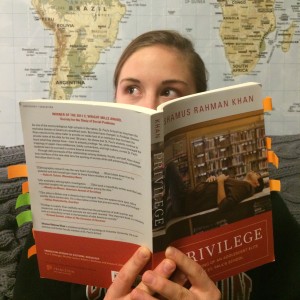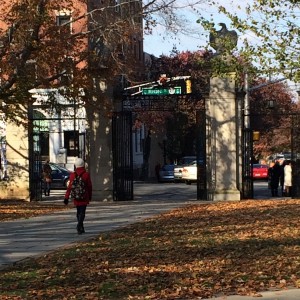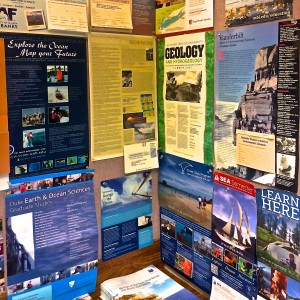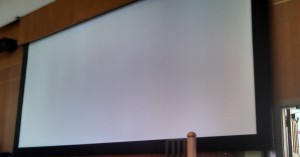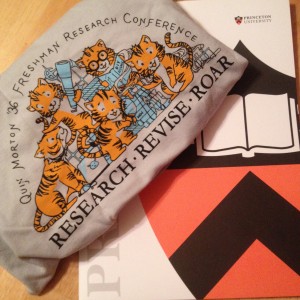Dean’s Dates can undoubtedly be daunting, especially if you are enrolled in one of the departments where the primary form of assessment is essay writing, rather than exams. For me, the most difficult step of completing Dean’s Date assignments is the very beginning—choosing a topic. I often struggle with the decision of whether to focus on something I know nothing about, or something I know a little bit about, and want to explore further. This is never an easy choice. Often, however, I find that the latter makes for a more thoroughly-developed question, as it offers a pre-existing lens through which to view an issue, and then formulate specific inquiries about it.
For example, last year in one of my Global Health classes, I read a book about off-shoring clinical trials to developing countries. It really captivated my interest, and had me asking many questions about efficacy, ethics, and feasibility. Continue reading Choosing the Right Essay Topics: Dean’s Date Done Right

